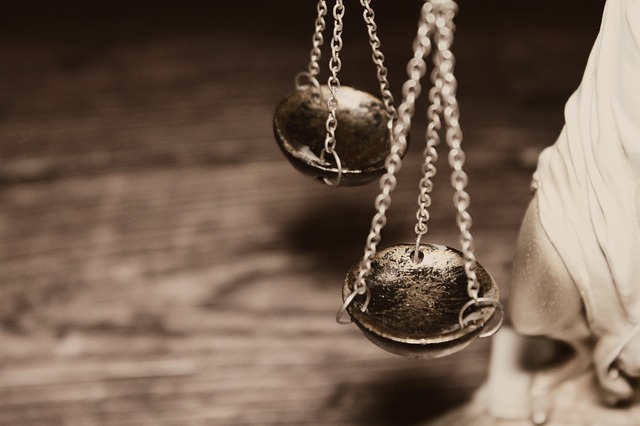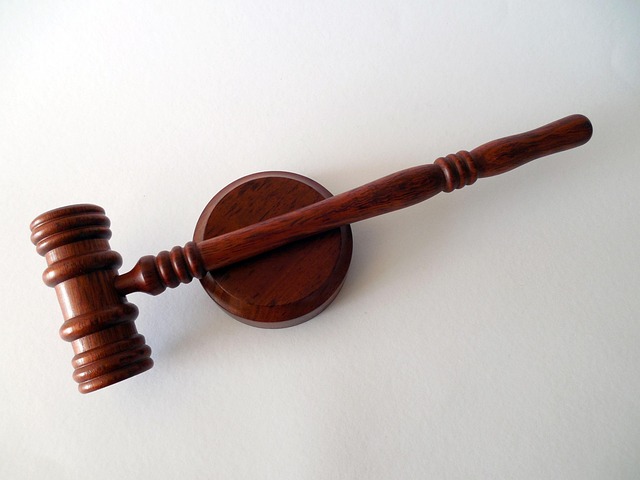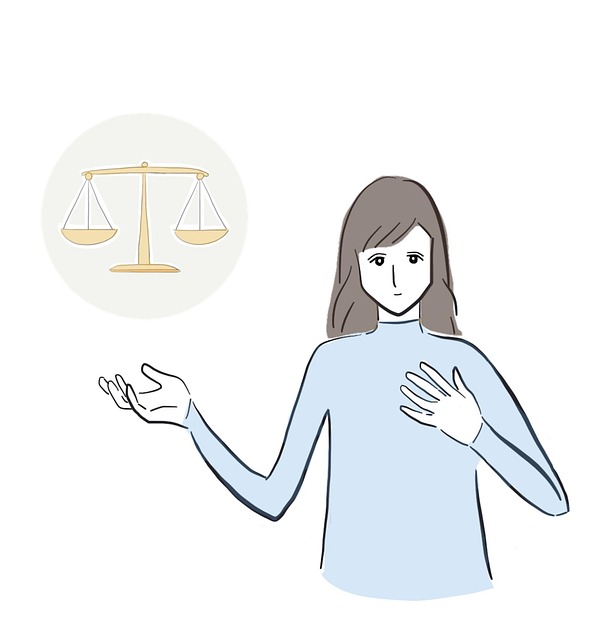In cases of tragic wrongful death, understanding the rights of beneficiaries—including spouses, children, close relatives, and even recognized domestic partners—is crucial for seeking financial support and justice. Wrongful death laws aim to cover unexpected expenses and non-economic damages for survivors, with eligibility criteria focusing on relationship depth rather than legal status, providing necessary aid during difficult times and challenging outdated norms in favor of inclusivity.
In many jurisdictions, domestic partners are not automatically recognized as wrongful death beneficiaries, leading to complex legal battles. This article explores the rights of domestic partners in seeking compensation after a loved one’s tragic passing due to someone else’s negligence or intentional act. We delve into the legal perspectives, eligibility criteria, and challenges surrounding their inclusion, emphasizing the importance of understanding wrongful death benefits for these relationships. By examining these aspects, we shed light on a crucial aspect of modern family law.
- Understanding Wrongful Death Benefits: A Legal Perspective
- Eligibility Criteria for Domestic Partners as Beneficiaries
- The Impact and Challenges of Recognizing Domestic Partnerships in Wrongful Death Cases
Understanding Wrongful Death Benefits: A Legal Perspective
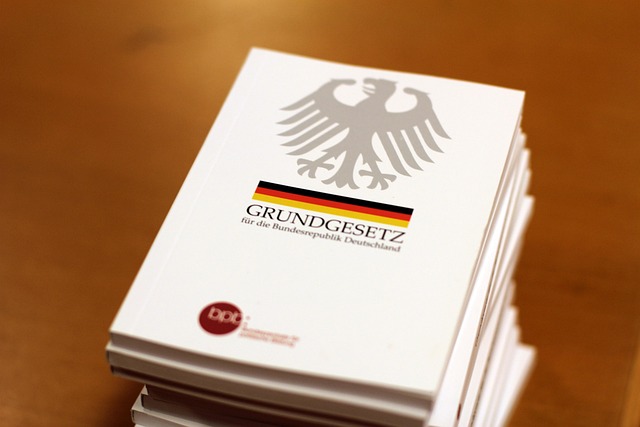
In the event of a tragic loss due to wrongful death, understanding the legal rights and benefits available to survivors is paramount. Wrongful death beneficiaries are individuals or entities who can legally claim compensation when someone dies due to another party’s negligence or intentional act. This includes spouses, domestic partners, children, and sometimes parents or other close relatives, depending on jurisdiction and specific circumstances. The primary goal of wrongful death laws is to provide financial support for those left behind, ensuring they are not burdened with unexpected expenses such as funeral costs, lost earnings, and the loss of companionship or care.
These benefits extend beyond mere monetary compensation and can include medical expenses related to the incident, pain and suffering endured by the victim before their passing, and various forms of non-economic damages. In many cases, accident settlements or personal injury claims from homeowner insurance policies or third parties can be accessed to help survivors navigate this challenging period. Understanding one’s rights as a wrongful death beneficiary is crucial in ensuring that justice is served and that those left behind receive the support they need during an incredibly difficult time.
Eligibility Criteria for Domestic Partners as Beneficiaries

In many jurisdictions, domestic partners can be eligible to receive wrongful death benefits, providing them with financial support and recognition in case of a loved one’s untimely demise. To qualify as a beneficiary, domestic partnerships must typically meet certain criteria. Firstly, the partnership must be recognized legally, which varies across regions but often involves a commitment to a shared lifestyle and mutual decision-making. This may include living together, joint accounts, and other evidence of a committed relationship.
Additionally, the domestic partner’s involvement in the deceased’s life should be substantial. They might have been dependent on each other for emotional or financial support, shared responsibilities at home, or even had a history of joint decision-making regarding significant matters. Unlike nursing home neglect cases or homeowner insurance claims, where specific conditions apply, wrongful death beneficiary eligibility focuses on the nature and depth of the partnership, ensuring that close relationships are acknowledged and supported during difficult times, including in accident settlements.
The Impact and Challenges of Recognizing Domestic Partnerships in Wrongful Death Cases
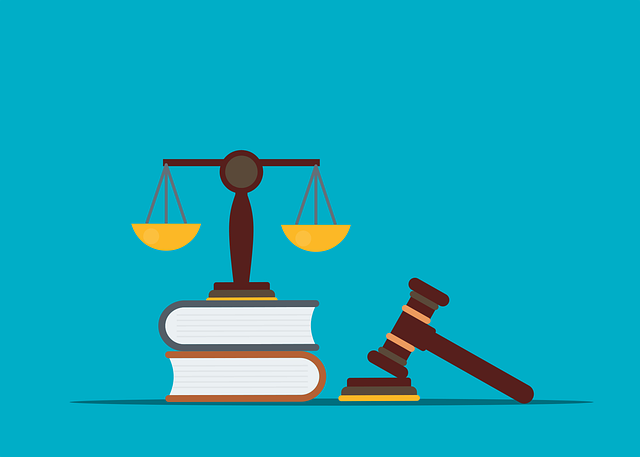
Recognizing domestic partnerships as eligible for wrongful death benefits is a significant step toward ensuring equal justice and support for all involved. However, this recognition comes with its unique challenges. In many jurisdictions, traditional marriage has been the sole basis for determining wrongful death beneficiaries, leaving domestic partners—often same-sex couples or those in long-term committed relationships—without legal recourse. This exclusion can have severe consequences, especially when a partner is dependent on their significant other for financial stability and emotional support.
The impact of recognizing these partnerships extends beyond individual cases. It sends a powerful message about societal values and the importance of acknowledging diverse family structures. An auto accident attorney or accident lawyer advocating for domestic partners as wrongful death beneficiaries challenges outdated norms and contributes to a more inclusive legal system. This shift can also lead to increased awareness and sensitivity toward the unique challenges faced by these couples, fostering a more supportive environment for all victims and their families.
Recognizing domestic partners as eligible wrongful death beneficiaries is a significant step towards ensuring fairness and providing support to those affected by loss. While challenges exist, particularly in navigating complex legal landscapes and societal perceptions, the impact of this recognition can revolutionize how we support couples who share a life together, regardless of legal status. By delving into these partnerships, we can create a more inclusive system that respects the bonds formed and the rights of all individuals to grieve and recover following a tragic loss.

